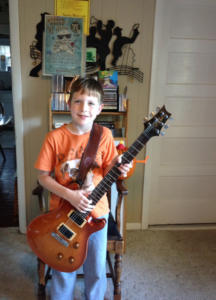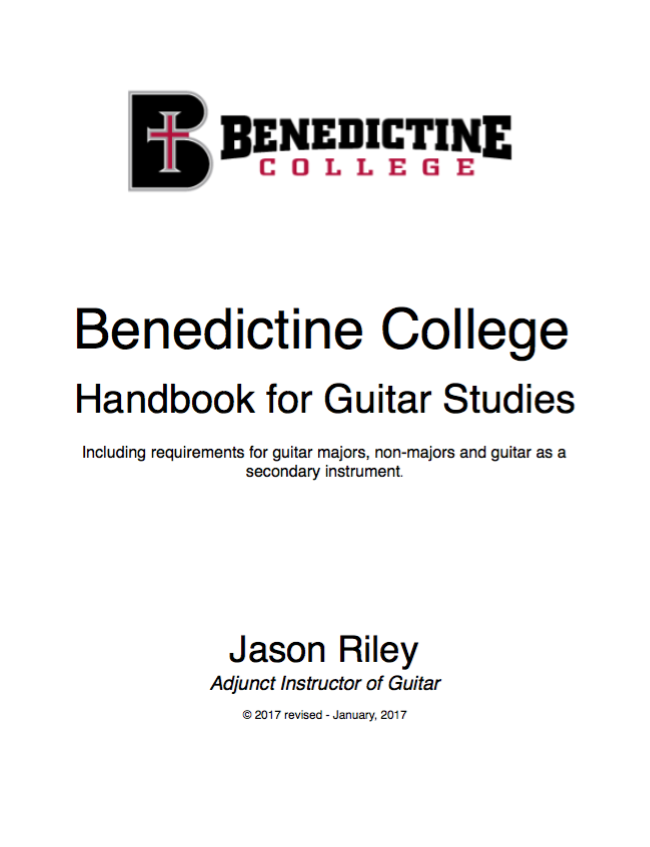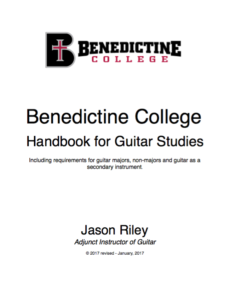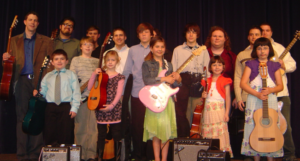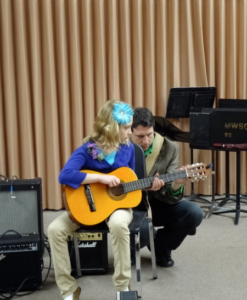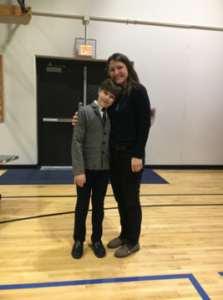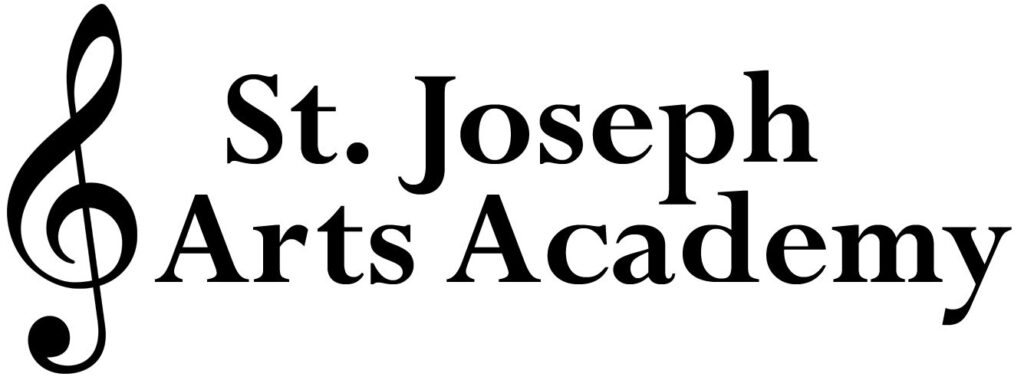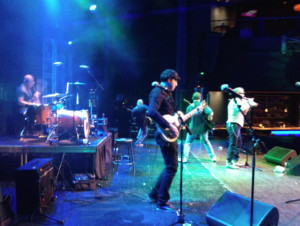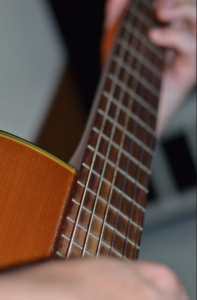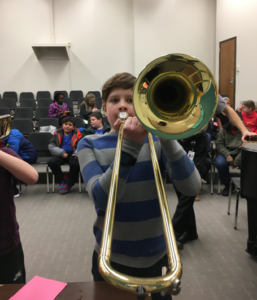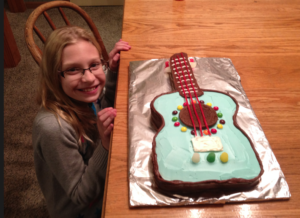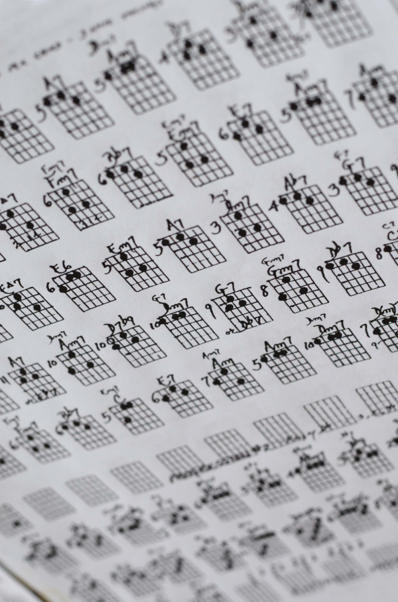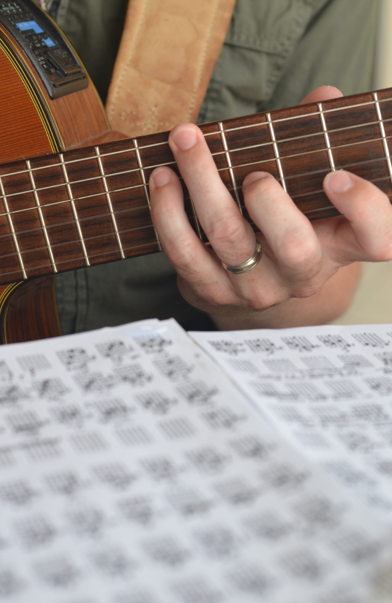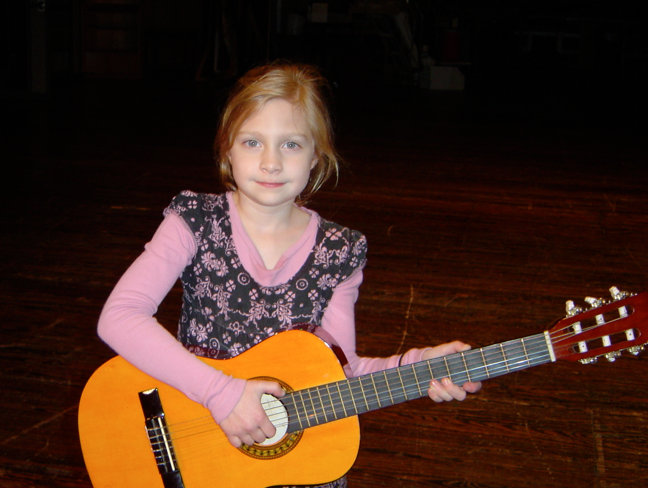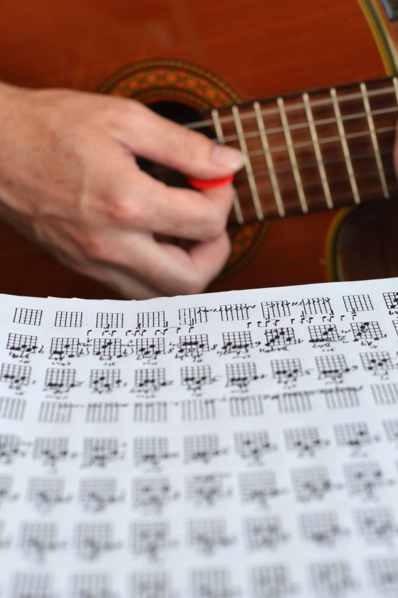
1) Time to practice – Want to get better at playing guitar? Practice. But, who has time for that, you might say? Well, we really make time for the things that we want to do. We make it a priority in our daily life so that it becomes part of our routine, a habit and part of who we are.
For example, I consider myself a practicing musician. Why? Because I practice. I like to practice. It’s weird, I know but I do. So I do it a lot. A little everyday usually. The days I sleep and the days I eat. As the Rolling Stones said, “time is on my side”. Yes, it is! Make time to do the thing you love. Use that time effectively and on purpose. To be most effective with your time, you’ll need a…
2) Timer – A little clock. A stop watch. An app on your smart device. The stove or the microwave. I like those cute little egg timers from the kitchen. I used to have one that looked like a tomato. I broke it from practicing so much. That’s a great goal. Wear out your timer. Use it often. The timer helps make the most use of your time. Treat the time the way they do in sports. The clock counts down, the game is played, full tilt competition, everyone trying to do their best and gather the most points for their team (unlike golf which takes a lot of time and the goal is the fewest points) and then the buzzer goes off and the game is over. (also, no buzzer in golf!)
You’ve worked very hard, doing your very best for a certain amount of time. 2 minutes, 5 or 10 or 20 or whatever it is. The timer forces you to hang in there until the time is up and also forces you to move on to the next event. You can’t just sit around playing scales all day and expect to be a musical master. Do a few minutes of scales and move on to reading or chords or that difficult piece or 100 other things. By using the timer you will be making a conscious decision the make the highest and best use of your time.
No noodling or meandering around the neck for endless hours (unless you intend to noodle for 5 minutes, but when the timer goes off it’s back to work!). When I finally put my practice on the timer, things started to get a lot more organized, I actually started to practice more and for longer periods of time. Build up your stamina with the timer too. Start with just a couple of minutes and build up from there. I still only concentrate on one thing for about 20 minutes and the most before switching gears. Steve Vai might do every scale he knows for 60 minutes but maybe I’m a little more ADD. Find the right time for you and do the best you can with the time allotted and work out from there. It’s a great tool and is sure to give you a lot of benefit.
3) Metronome That tic-tocking thing that swings like a pendulum in a grandfather clock that used to sit on top of Mozart’s piano is just as good for you too. Metronomes come in all kinds of modern varieties these days. Stand alone classics like the old school wind up pendulums or a free app for your smart device all have the same use in mind.
Keep a steady beat. It’s the pulse of your music. Every kindergartner is supposed to be able to keep a steady though it really might be harder that is sounds. The metronome divides the time. The minutes of your life into seconds. The seconds of your life into musical pulses we call “beats”. Feel the beat! With a metronome, you can set the beat to slow, medium, fast, faster, super fast, the flash. It’s like miles per hour in a car (MPH) but in music it’s beats per minute (BPM). 60 bpm is one click per second. 120 is 2 clicks per second. There’s a whole range available down from about 30 to maybe 300. The flash! Keeping good time (holding to a steady beat) is one of the most important skills a musician needs.
The metronome keeps us very honest. If you can make the metronome sound as good as another player, like a drummer, you are doing something right. You can actually lock in so tight with the click that it will actually disappear. Now you are the Houdini of musical time. Get one. Like the timer, it’s your job to wear it out. Put it through the ringer. Try every tempo (speed of the pulse). There are certain things you can’t really understand about time until you’ve played with the whole set. It’s like socket wrenches. 5/16ths! If you don’t have it when you need it, you are not going to be able to do the job very effectively.

4) Books – Music doesn’t come from books. Written music is not real music either. But books are a great tool for learning and sharing music. A library is even better. Every town should have library. Every college or university will have a library. Book knowledge is largely free if you can afford the time to get there and to check it out.
I’m not a hoarder but I do collect music books of all kinds. I have a personal music library, not just albums, cd’s, cassettes and digital music but articles, magazines and books. I use books in every practice session and often more than one.
Real books or “fake books” have collections of tunes, 100’s even 1000’s of tunes in them. You’ll never be at a loss for something to read off the page. I’ve learned chords and scales from books.
I’ve learned about my favorite players and the history of my favorite musics from books. I’ve learned about style, theory and technique from books.
Books, man! Be musically literate. Guitarists have so many notation systems available to us and we really need to be able to decipher them all. Get reading. Do it everyday. Build your own library of musical information. Learn.
5) Internet – The great www. The interwebs. Had I had access to youtube when I was coming up, I don’t think you’d have ever pulled me away. There is so much information out there, seconds away, just a few clicks, all you ever wanted and basically free. The greatest teachers, the greatest performances. Nearly every recording known to man.
You can search tons of free information, subscribe, find and buy any tool you might ever need. Take lessons from virtual and real teachers, use theory and ear training websites or jam along with the pros. It’s a brave new world and the internet is part of the deal. A good, healthy dose of skepticism is needed here too. Anyone of any level or understanding can put anything they want on the internet. So beware. Not everything there is excellent. Not everyone is an expert. Rely on your own good judgement and the referrals of people you trust. There can be a lot of mistaken ideas and misinformation out there. That’s the price you pay for heading into the wild, wild west. The price you pay for opportunity to learn anything at your fingertips.
6) Patience – Ok, I know that patience is not really a tool but it is an important virtue in learning anything. You can’t learn to play guitar over night. Players study thousands of hours over many years to become proficient. As they say “Rome wasn’t built on one gig”. In each practice session the goal is really to plant the seeds that you’ll be able to harvest down the road. You can’t force that growth either. The farmer doesn’t stand out there yelling at the crops to hurry up. Everything happens in it’s own time. Our subconscious mind actually does a lot of the learning for us in it’s own quiet time and way. Be patient with yourself and your music. Just get up and go to work and try to enjoy your time with the guitar.
Patience is the virtue that might make you a virtuoso.
Got those six important tools together? How about six more?
1A) Practice routine – How do you get to Carnegie hall? Practice. To be successful in learning anything we need to practice. Practice is where we learn, imitate, assimilate, exercise, repeat, repeat and repeat the stuff from which our music is made of. And in music, it takes a lot of it. A lot of time to do it daily and over the course of many years.
We need a daily practice schedule. We’ll need a commitment to getting with our instruments and our materials to invest the time to rehearse techniques, apply theoretical concepts, develop musical vocabularies and build and maintain a repertoire.
We also need to make sure that we are using our time to the highest and best purpose. Noodling around is good to a point but we really need to be goal oriented and know what we are after in our practice. Try to avoid “empty” practicing which is aimless and meandering. Practice with purpose and on task. Have your materials handy, make notes, use a timer and organize your limited amount of time towards specific ends.
Scales, chords, reading, technique, ear-training and repertoire development are some of my favorites though you may be after something more specifically. That’s great! That’s what a practice routine can give you.
Don’t have a practice routine? Build one for yourself that is most effective for you. It took me years to finally learn how to really practice well. I’ve got some ideas about it that work for me but you may need something different for your learning style.
Musician, know thyself! Learn how you learn, learn about your ability to focus and for how long, learn your likes and dislikes. Know what you want. All of these will go into making the best possible practice routine for you.
2A) The right equipment – The right stuff isn’t always about your internal virtues. To play music we really do need the right material stuff to work with. For guitarists, we need guitars! You also need an appropriate instrument for what you want to do. I always just advise getting the best instrument you can afford. No need to rob a bank or sell your house thinking that high dollar instrument is the answer to all your musical problems. Guitars, by and large, are well-made and inexpensive these days compared to a lot of other instruments.
Guitars though are rarely a one-size fits all instrument like a saxophone or a violin. We need a variety of guitars depending on what you want to play. I recommend having at least one decent electric and one quality acoustic. The kind you get will largely depend on the style of music you really want to get into. Love classical music? A nylon string acoustic is the right equipment for that. Sure, you can play classical music on a stratocaster but… it’s not really right. Likewise, you can play Hendrix on a classical guitar but… a strat is really the thing. Jazz guitarists tend to play hollow body electrics because of that warm sound. Bluegrass players tend to play steel-string acoustics for their volume and jangly tones. Also if you are going to perform professionally, there really is a professional grade of equipment that you want to be using.
A quality amp is very, very important. Knowing how to amplify electrics and acoustic guitars well to make them sound their best is a real skill and just plain takes the right equipment.
It should go without saying that playing a guitar that is easy to play and sounds good is going to be more fun. I see a lot of new guitarists struggle simply because they weren’t ready to invest in a better instrument and they are trying to practice on a low quality instrument that is difficult to finger and get a decent sound out of. If you want to learn or continue learning to your highest potential you need the right stuff.
It takes time and money to acquire these better tools. You don’t need to get it all at once. Do keep your eyes and ears open though. Notice what your favorite guitar players are using. Pay attention to the kinds of equipment that are available and how they are being used. Try things out in the music store. Play a wide variety of different guitars and notice how they “feel”, what makes them easier or harder to play or even hold.
In the end, it really is about having a great sound but we do want them to be as easy to play as possible. None of this stuff is really “easy”. So, we’ll need all the help we can get and getting the right equipment can be a real boost. The right tool for the job.
3A) Goals or themes – A goal is a destination. Somewhere you’d like to go, something you’d like to do, something you’d like to have or perhaps the type of player you’d like to be. A theme is more of an undercurrent, a specific something that colors everything you do. We can have a goal to be able to play 100 chord voicings or 1000 songs (or 1 song) and given enough time and the right stuff we could achieve our goal. There also might be an underlying theme to your practice and your intention that it should have a jazz undercurrent, classical, rock, singer-songwriter, composer, accompanist, shredding lead guitarist, etc. It could also be a theme of patience, positivity, fun, humor, deep learning or sharing. Or a combination of any and all of these things.
This is the kind of stuff that comes down to knowing who you are, maybe who you want to be and including those themes as part of all your actions, your practice, your performance, even you interactions with other musicians and the audience. We all have the funny friend, the sullen friend, the street-smart or book-smart person in our lives. You’d don’t have to decide that you’ll be just one of these. Even a small box of crayons has a lot of color to it. How will you color your musical life is the theme. The subject of what you color is the goal. Our practice and our playing should be intentional about these subjects and the particular hues which we imbue them with.
It’s the “realest” part of what you musicianship is about. It’s the demonstration of what is important to you in music and in life too.
4A) musictheory.net – This is a website that is a great educational tool for the first grader and the professional musician. My wife, who teaches elementary school music, uses it for her kids, our colleges use it for our students and I’ve talked to many professional players who profess to use it at least an hour per day. There is a lesson, an exercise and further training available to everyone here. AND it’s free. You can give them a little support or purchase the app for your smart device. Take a theory lesson, use their note training and ear-training exercises. You can customize them, time yourself and keep score.
I’m sure there might be other websites out there, free or paid, that may provide similar or different stuff and please check them out and put them to use. But this is a great one. A real gift for the aspiring musician at any level.
5A) Teacher/Mentor/Coach – Everybody needs somebody. Music can be an unforgiving landscape. Practicing is largely solitary. Quite frankly, no one can really teach you anything. It is up to us to learn and we can learn a lot on our own. Especially with today’s technology, information is at our fingertips. Music is not only information though.
It’s about making a connection with other people. At it’s difficult simplicity, it’s a craft and potentially even art. At it’s highest though, it’s a spiritual revelation that makes you and the world around you a better place.
All alone. We can miss things. We can’t really see ourselves objectively. We are out there on the churning sea without a rudder. Up the creek without the proverbial paddle.
A great teacher, coach or mentor is like a sherpa to the top of the mountain. We need guides. We need someone who has gone before. We need encouragement. We need the high priest to remind us what we are missing to make those deep connections. You might not need at teacher to exactly sit you down and show you stuff at a certain point. Maybe a coach is a better term. Someone that can push you beyond what you think is possible. Somebody who can keep you in the game when you want to give up. Somebody to put you on the bench when you need a rest or are being un-sportsman like.
We need somebody who knows and can see the truth in us. That can pull it out. Draw it out of us. They can hold us to a higher standard. They show us where the bar is in many cases. Hopefully, you can find someone to do that with love. Tough love is what’s needed.
I’ve had a lot of teachers. Not all of them were a perfect fit for me. My greatest teachers could hone in on what is was I already thought, what I had and what I lacked and then pointed me in the best direction that they knew at the time. They weren’t all guitar players. They weren’t all musicians. Great teachers are all around you if you are open to the teaching. Bruce Lee said something like “take what you need, leave out what you don’t and be your own creation.”
You are your own teacher, creating yourself as you want to be. But we borrow and learn from the example of others and the circumstances we are offered. We can all use a little head’s up once in a while. Find those people in your life and lean on them a little. They need you too.
6A) Accountability – One last thing that can really push us, that can really drive us is a reason to perform. It’s often not enough to just want something for ourselves. An obligation to give or share or to actually show up and demonstrate your skill will hold you accountable to others. This doesn’t have to be performing on TV, in concert or even in recital though all those would qualify. It means having at least one person that’s interested in how you are doing. One person checking in on you, your progress and hopefully giving you some feedback.
If you are taking lessons, your instructor should be holding you accountable every week for specific pieces or other assignments that need you attention. I know not all teachers really do this. They are leaving the most important thing off the table. Nothing is quite so motivating as a deadline to perform. Ready or not. You tend to get ready under a deadline. It doesn’t have to be stressful if you are doing the work you are supposed to be doing.
If you go week to week, month to month learning with no real reason to show the goods, things just don’t get as sharp as they could get. You can even back track as in “if you don’t use it, you’ll lose it.” You could find an accountability partner in a musical friend, a mentor, a band leader or musical director. Someone with a serious love of music and a little more experience than you is a good candidate. If you are more playing with friends, maybe like a leaderless garage band setting, it will be up to each member to hold the bar high. This can be a difficult thing to do amongst peers who might be playing for different reason or have different work attitudes or goals.
In the conservatory system, you are signing up for accountability often through a variety of teachers. You’ll be held responsible for your work week to week and semester to semester. You’ll have the opportunity to do many performances, both formal and informal, over the course of just one semester. You’ll be required to present for a panel of adjudicators in what’s tragically called a “jury”. You’ll have to opportunity and the obligation to present junior and senior recitals as part of your program. It’s a serious endeavor with accountability built in at every step of the way.
For the majority of practicing guitarists though, we live outside the organized educational system. This has it’s benefits but one of the biggest downsides is the lack of accountability. Some of us are largely self-taught. We are generally poor music readers. It’s easy to get a foothold into playing our instrument without really understanding or knowing it or the music in it’s deeper terms. Not everyone is like this, we are all unique and have unique experiences. But these are stereotypes for the contemporary guitarist (also that we are ALWAYS just too darn loud!).
In the earlier days of jazz, there were no real schools for teaching or learning. It was done on what was called the apprentice system. You’d get with an accomplished player who knew his stuff and learn little by little, on and off the bandstand, to gain your knowledge, skill, sense of place, purpose and history. In the 50’s and 60’s, jazz education started to enter the main stream through a homogenized method for teaching. This is great in a sense and for certain aspects of the music but there are also jazz topics that can’t really be learned in a classroom.
The study of most other commercial and ethnic guitar styles has never been mainstreamed. That means that we are largely left to our own devices when it comes to learning, making the most of what we have available to us wherever we are in the process.
This is another reason for the lack of accountability in our learning. We don’t know what we don’t know until we know what we don’t know. Accountability will show us clearly what we know, what we don’t and will put us back on the path for another pass.
Get a coach, teacher or mentor if only for the purpose of being accountable to someone or something outside of yourself. Look for groups of musicians to play with in which you are the weakest player with the most to learn.
Continually look for opportunities to test your ability against what it is you aspire to play. This may mean open mics, jam sessions, formal recitals, musical theater, touring groups, master classes, clinics and professional work.
Accountability is the feedback we all need to keep growing. Caring and concerned others can provide a mirror for us to the things we might not see ourselves.
It’s not always easy to hear about our blemishes. You can’t work on them if you don’t know they exist.
Look for accountability in your playing and your practice and hold yourself accountable to doing and being the best player you can be.
Jason Riley
I’m a hustling musician and family man. I love to learn, play, share and encourage others in music. We’ve got some cool bands (including Soca Jukebox) and I am the director of the St. Joseph Arts Academy. This is my Blog!
www.jasonriley.com
www.stjosephartsacademy.com
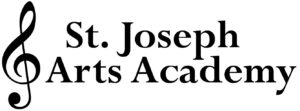 The St. Joseph Arts Academy is the best place for guitar lessons in St. Joseph, MO.
The St. Joseph Arts Academy is the best place for guitar lessons in St. Joseph, MO.